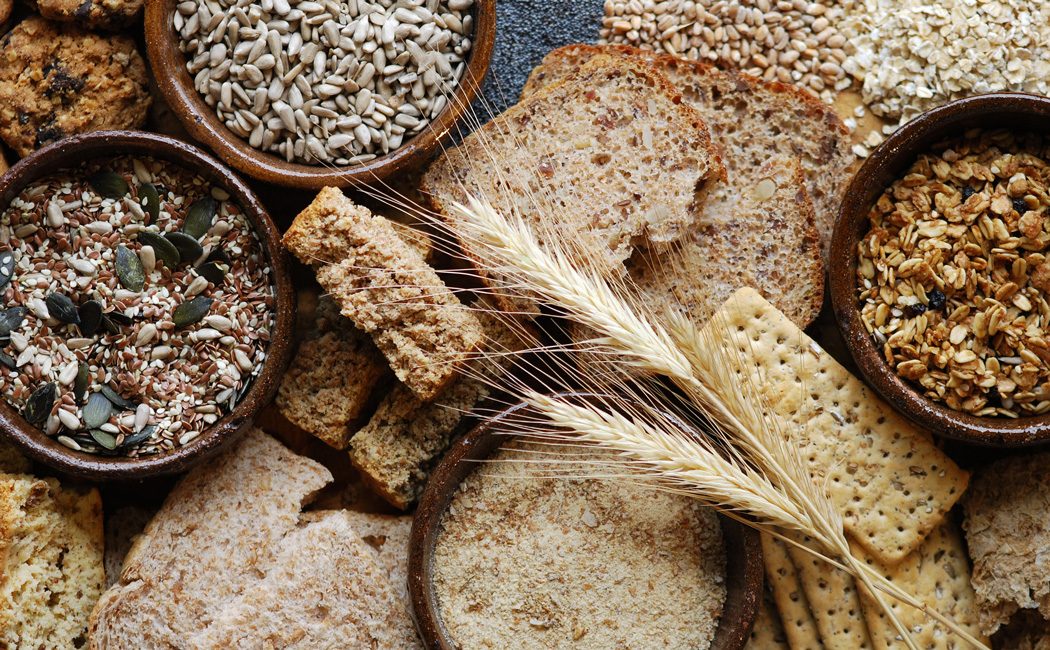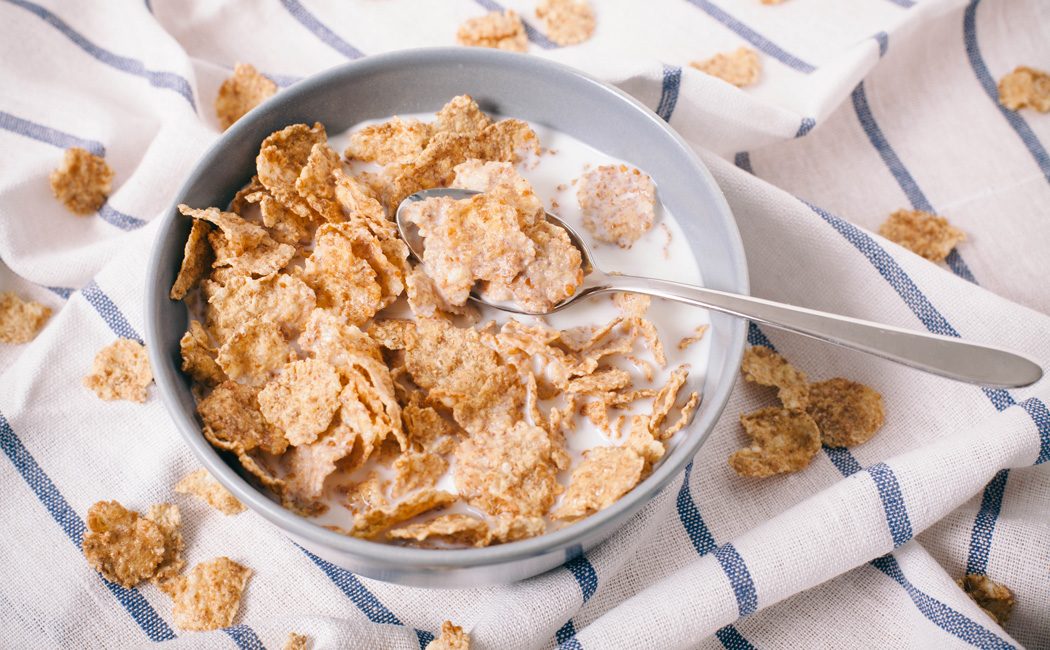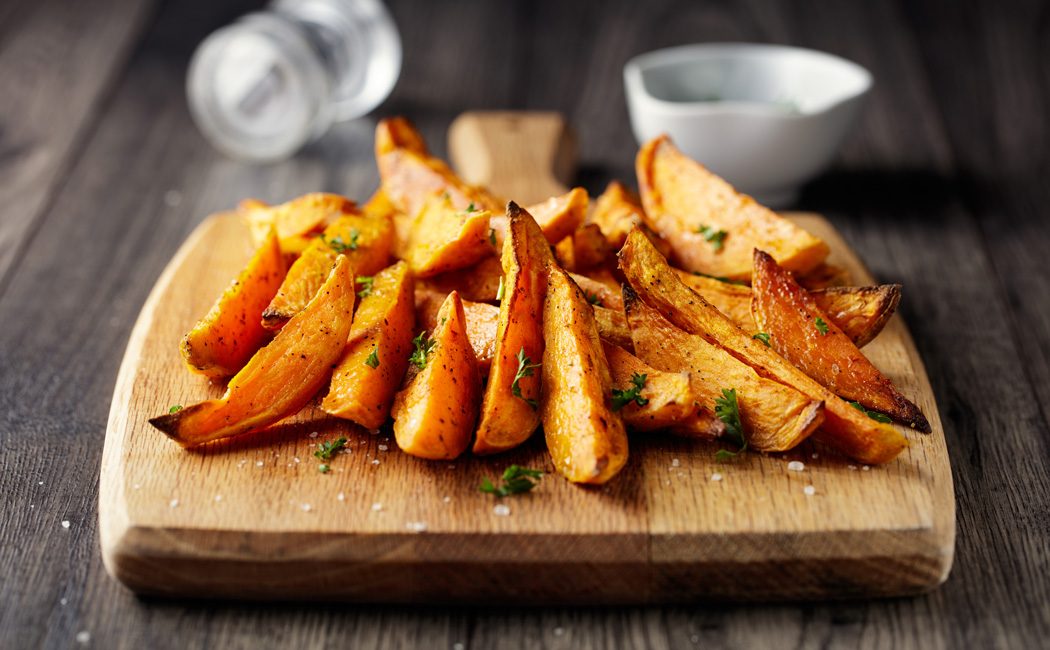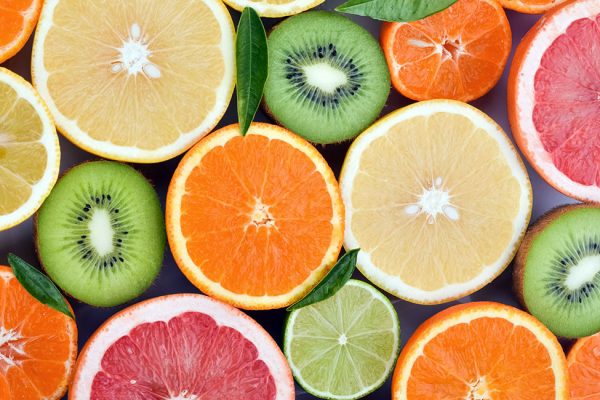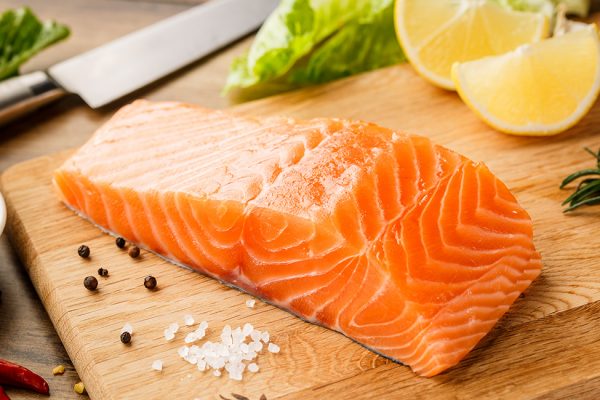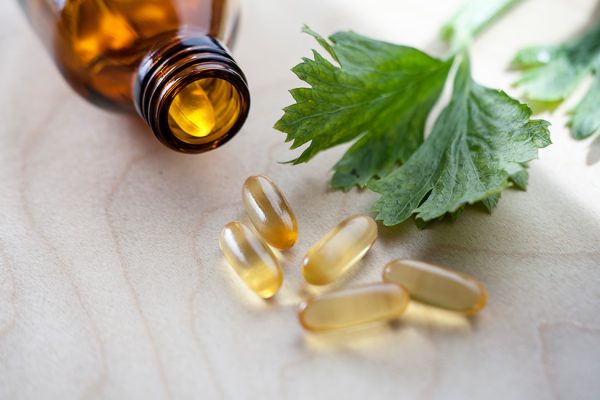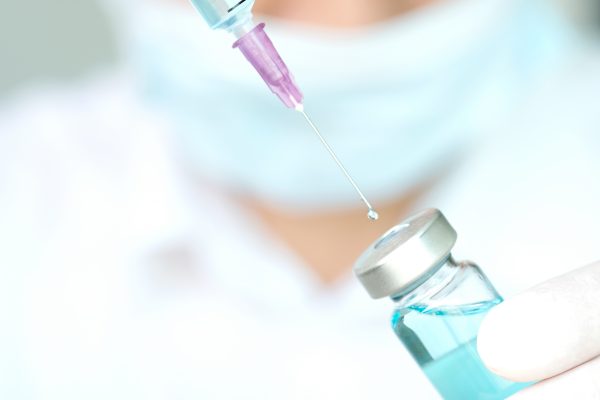Vitamin B6 (pyridoxine, pyridoxal, pyridoxamine), is; a water-soluble vitamin. B6 is a collective group term for; pyridoxal, pyridoxal found in meats and pyridoxamine is mainly found in plants. B6 has about 168 vital enzyme processes to perform.
P5P (Pyridoxal 5 Phosphate): is a highly bioavailable form of Vitamin B6. Serum levels of B6 are an accurate way to detect different diseases like cancers, diabetes, CVD and blood disorders.
B6 Deficiency Symptoms; skin inflammation (dermatitis), depression, confusion, convulsions, and anaemia. Studies show it can reduce the risk of heart disease.
B6 Benefits; essential for red blood cell metabolism, the nervous system and the immune system, as well as many others. P5P helps carry magnesium and other nutrients across membranes which improve absorption rates.
B7 Biotin; here are a few foods that contain small amounts of biotin, walnuts, peanuts, cereal, milk and eggs, wholemeal bread, salmon, pork, mushrooms, cauliflower, avocados, bananas and raspberries.
Biotin role; help our metabolism, creates enzymes, hair and nails. Biotin is needed to make fatty acids and glucose which are used for energy.
B7 Deficiency; fungal infections, dermatitis, red rash, brittle hair and nails, anaemia, birth defects, muscle pains, mild depression, lethargy, hallucinations, anorexia.
B9 Folate/Folic Acid; foods that contain folate are; legumes, asparagus, eggs, leafy greens, beets, citrus fruits, sprouts, and broccoli and more.
B9 Deficiency; symptoms include; risk of heart disease, tiredness, weakness, anaemia, shortness of breath, heart palpitations, difficulty concentrating. B9 has an essential role in the development of a baby’s brain during pregnancy. Deficiency in B9 could lead to birth defects like spina bifida or anencephaly.
B9 Benefits; Folate is essential for the production of red blood cells and DNA synthesis. It also helps tissue growth and cell functions.
Vitamin B-12
B12 is an essential vitamin that is crucial in many metabolic processes in the body. It is estimated that up to 40% of the population is deficient in B12. Lack of B12 can cause grave repercussions in our bodies. There are few types of B12 here are 3;
Methylcobalamin, help produce red blood cells, works with enzymes to synthesize amino acids and repair DNA and other important processes throughout the body.
Adenosylcobalamin, another form of B12, essential in red blood cell production, required for energy production, and present in every cell.
Hydroxocobalamin is usually produced by bacteria in the digestive tract from food. Involved in the metabolism of fats and amino acids as well as the formation of myelin to protect nerve cells. Also supports vascular functions.
Vitamin B12 Deficiency; Symptoms occur because of your body’s inability to produce red blood cells.
Weakness, fatigue, Depression, Dizziness, Pale Skin, Weight Loss, Hallucinations, Urinary Problems, Shortness of Breath, Mental Disorders, Digestive Problems, Palpitations, tingling toes and fingers, muscle weakness.
*High doses of oral supplements or B12 IV treatment or B12 injections are used for B12 deficiency.
